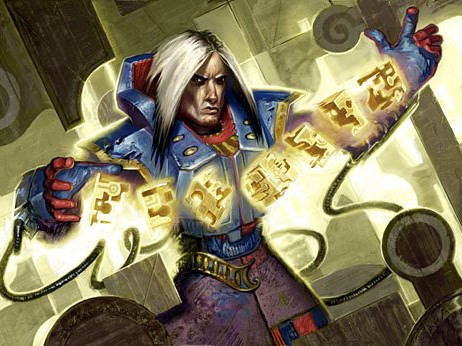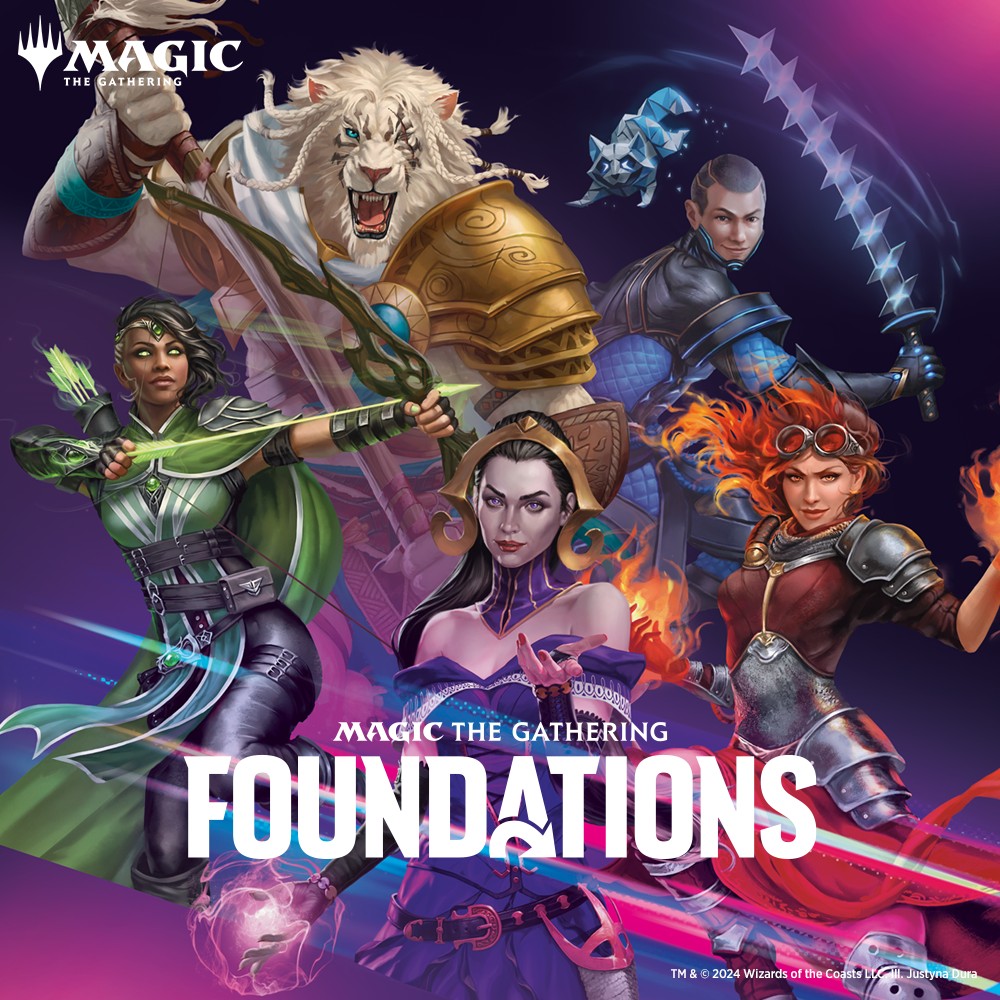Before, I start this week's article I wanted to give a quick shoutout to a few individuals who have managed to qualify for Pro Tour Amonkhet over the last 2 weekends:
- Rob Lombardi - You're one of the few magic players who has more commitments than me, as you have to take care of your family (with a newborn) and manage a full-time job, but you still find a way to make it on the Pro Tour consistently. Congratulations buddy, definitely well deserved.
- Phil Samms - I don't even think I was playing competitive Magic back when you were playing on the Pro Tour so welcome back friend!
- Will Blondon & Mike Brierly - I've known you guys since forever (Blondon will always refer to that time in Miami when my opponent kept 4 Thragtusk, 3 land hand and curved out on me) and it's about time that you both qualified for your first Pro Tour!
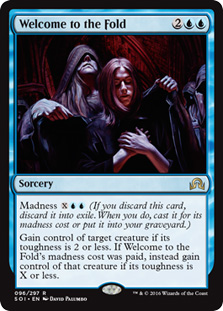
Anyways, I was checking out the statistics feature in WordPress and was surprised to see that the articles that caught the most attention from my viewers, were not focused on a specific format or tournament. So I’m going to make more of those articles, because it’s what you want!
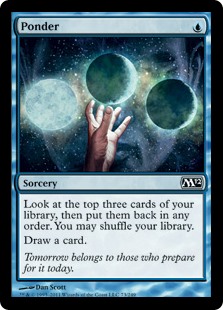
So after some deliberation, I realized that something many struggle with is being able to balance “professional” Magic with a busy lifestyle. Professional Magic is not defined by a specific level in the Pro Players Club, but really defined by someone who spends a lot of their free time travelling to PPTQs, SCG Tours, Grand Prix and Pro Tours.
I consider myself a "Quasi-Pro" magic player, since I spend very little time playing in tournaments, although that commitment has increased slightly this year. In my situation, my time is split up with my career in Pharmaceutical Marketing which typically involves 40-50 hour work weeks and can sometimes includes working weekends for sales meetings, conferences or advisory boards. On top of that, I spend about at least 4 hours at the gym each week and I'm even looking to increase that number to 6 hours soon. I also have to make time to spend with the people closest to me, - girlfriend, friends and family. When you factor in about 7 hours of sleep a night, where exactly am I coming up with time to play Magic?
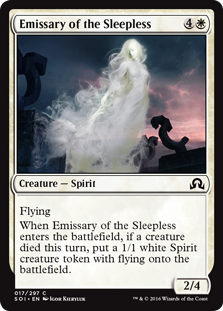
If you've read past articles or even the title, I'd hope you know that I'm currently Gold in the Pro Players Club. With the 3 byes that this status affords, attending many Grand Prix is a very inviting proposition. So I'm actually in a spot where I have very little time to dedicate to playing Magic, but also need to collect at least 35 pro points to keep my Gold Status for another year with a clear route to do such a thing.
Preparation:
No matter how good you are, it's very difficult to do well in competitive magic without understanding the specific intricacies of a format. There are two ways to really prepare for Magic tournaments, either play a lot of games or get the Coles Notes version from someone who has. The problem with getting the Coles Notes version is that most people tend to hold back on information so that they can retain an advantage.
Quick aside: I tend not to put much stock into most articles that are written on the web unless they are retrospective about a format. Most of the time, you will hear about how stupid a strategy is or how a set of cards are unplayable and then later the writer will be playing these cards at the Pro Tour. This has happened more times than I can count. Before Pro Tour Atlanta 2016, a popular streamer talked about how playing 4 copies of Eye of Ugin in Modern was idiotic and only bad magic players would even consider it. Of course, his entire team including himself was on the Eldrazi deck sporting a full set of Eye of Ugins and Eldrazi Temples.

With the advent of Twitch.tv comes a new mechanism for players to experience hundreds of matches with relatively low investment. Prior to this, the only competitive magic that you could watch was whatever was provided by the coverage team or GGSLive. Thankfully, most modern day Grand Prix are now covered in their entirety which allows us to not only understand the basics of a format but also see the ebbs and flows as the metagame shifts from week to week. If you are quickly looking to learn a new limited format, I'd suggest that you tune into the coverage of the Grand Prix that happens a week before the Pro Tour. Of course, players will adapt as color preferences and archetypes settle in and even Limited Grand Prix metagames will shift over the course of its season.
As I don't have the time to play Magic Online or even attend local format specific events at my LGS, I rely heavily on the information that I receive by watching streamers play the format on Twitch as well as any professional level coverage that is recorded. The beauty about Twitch is that you can rewatch any coverage that has been streamed by clicking on the Video tab, so you don't have to be watching it in real-time. My girlfriend bought me an Apple TV for Valentines Day a few years ago and I have been using that to stream Twitch to my television, so that it is on the background, while I get other household tasks done or even while I'm working on presentation slides for work. In addition, Magic Online provides decklist data for decks that are able to go undefeated (5-0) in leagues on a daily basis, so you have a rough archetype sketch and you are aware of what sideboard cards are most prevalent.
If you monitor these deck lists before a tournament you are able to predict the real-life metagame with a high level of accuracy. I rely on my ability to theory craft, which has been built on years of experience since I first started playing Magic competitively (in 2008), to tune a deck to beat the expected metagame. Combining this with discussions that I have with other magic players allows me to feel confident in a deck choice and strategy for a tournament. This is why most of the times I play in a Grand Prix, it is usually the first time I am playing with the deck that I have selected. Of course, I realize that I am leaving a lot of value on the table but for the foreseeable future this is usually the most I can invest into a Grand Prix.
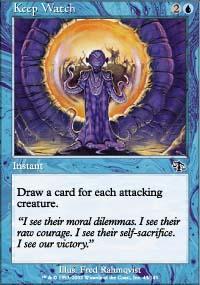
For example: At GP Pittsburgh 2017. I did not play Evolving Wilds over Aether Hub in my deck, and it only took one game for me to realize how much more potent my deck would have been with that switch. This ended up costing me a few games but I had taken the deck in a different direction the night before and didn't have a chance to talk to anyone about it since I was driving down at midnight.
Network:
This really ties into the topic above, but have you ever noticed that the most popular Magic players always seem to have the best deck in their hands? This isn't a coincidence. If you surround yourself with a great network of players and they want you to keep coming around they will be happy to either lend you cards or give you the latest technology. There are some players I know who have amazing results, but they have friends who are great deckbuilders that they rely on to provide them with format specific direction. If you read my last article about building a better magic community, if you follow those steps, it's a great way to develop a network of players that can help each other grow and get better together.
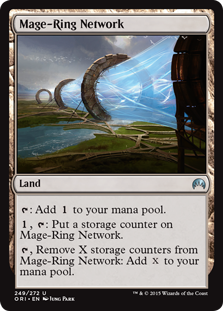
Don't Waste Your Time:
Since time is a finite resource, you have to make sure that you're not wasting it in any other area in your life. If you are sleeping in until 3 pm on weekends, now is your time to stop. If you have to get an assignment done for work, why are you procrastinating? The time that you're able to make up by finishing your tasks early is more time that you have to play Magic (if you chose to do so) and if you end up wasting time then you will have less time to dedicate to playing. If you are going to a Standard Grand Prix it makes no sense to logon Magic Online and spend your time playing booster draft, even though its incredibly tempting and way more exciting than Standard.
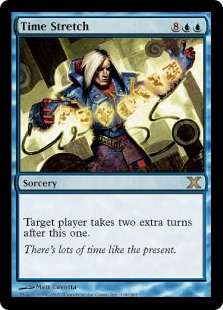
Don't Burn Yourself Out:
Magic is a great hobby but if you are always on the road playing professional level Magic you will eventually burn yourself out. I was sitting in Pittsburgh, playing against Corey Baumeister (the younger brother of Brad Nelson) and we were both lamenting about how we would finally get to spend a weekend at home after playing a Grand Prix then a Pro Tour and another Grand Prix. Even the best in the world, just want to spend a nice weekend at home to unwind without the constant grind of Pro Points.

Manage your Intimate Relationships:
If you are in any sort of serious relationship or have family commitments this can definitely be a detractor and a constant source of arguments. Make sure that you balance how often you are out playing in tournaments by properly taking care of business when you are at home. My job requires me to spend about 4 - 5 weeks away from home so it's difficult for me to be away for multiple weekends in a row without my girlfriend being upset. So I have to be very picky on the events I want to go to, and this makes preparation even that much more important.
Quick Aside: For the last pro season, I went to 6 Grand Prix and 3 Pro Tours (despite being queued for all 4) to lock up Gold. In the coverage of PT Sydney 2016, they highlighted how I had one of the best conversation rates on the Tour since I went to such few events. #humblebrag
Make your events count!
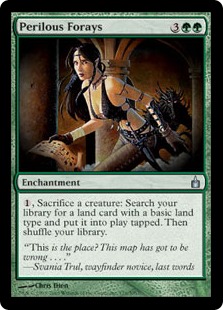
Now that you've heard my tips, are there any things that you do to help balance Magic in your busy life that I've missed? I'd love to hear from you, so either post in the comments below or tweet at me (@SammyTMTG). And, if you want to keep up with my articles and happenings, please make sure you hit the follow button for Twitter @ SammyTMTG.
I’ll see you next week!
Until then,
Sammy T

